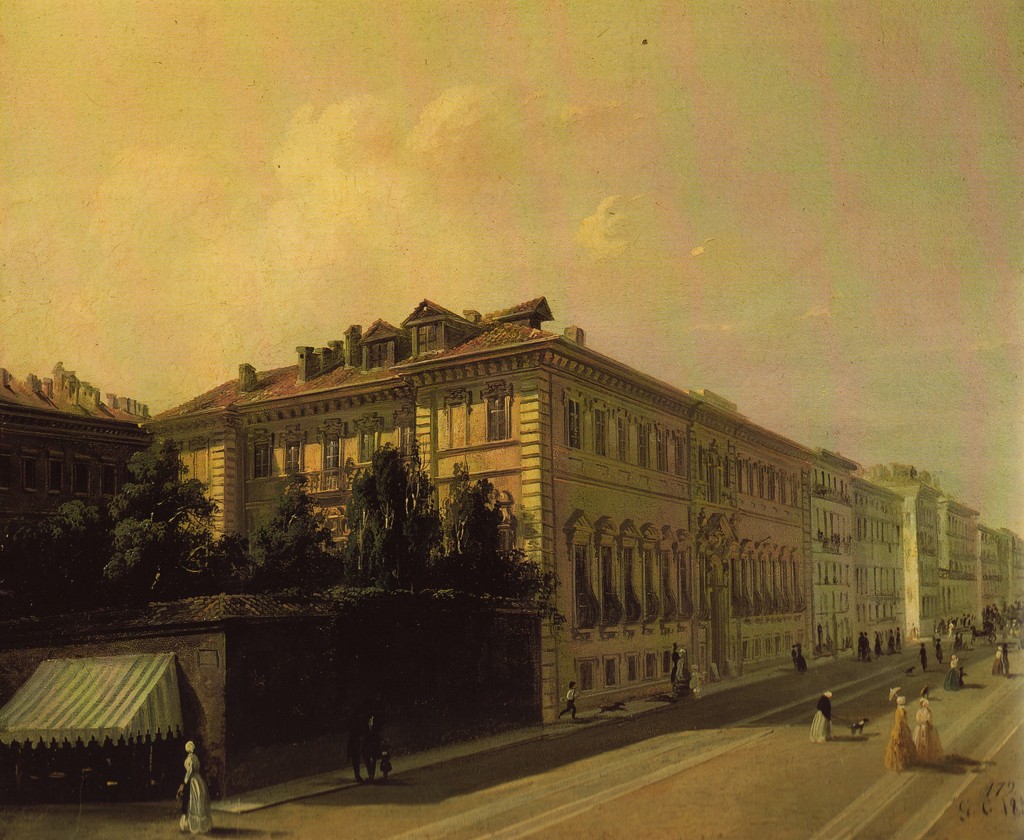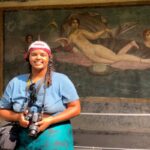Turin, 4-6 September 2024
The Summer School aims to discuss the role of notions and constructions of otherness for the practice
of human exploitation, focusing on the cultures of the ancient Mediterranean.
The relation between racism and enslavement is famously debated in the study of modern systems of slavery. In his fundamental (and long overlooked) study of the economics of modern slavery, Eric Williams argued that racial discrimination was more a result than a presupposition of slavery. His thesis is still a focus of controversy for modern historians. Meanwhile, the scholarly consensus, recently restated by Stanley Engerman, holds that ancient systems of enslavement were race-blind, as it were, that is, that they were underpinned by a fundamental notion of the arbitrariness of enslavement, whereby no specific class of individuals was seen as especially prone or likely to be enslaved. The research group of the Turin Humanities Programme seeks to challenge this consensus, pointing to the gap between the theoretical arbitrariness of enslavement and the practice of enslaving individuals of specific ethnic groups. In the framework of this revision of ancient ideologies of enslavement, in the 2024 Summer School invites junior and senior scholars to join a discussion on the nexus of otherness and human exploitation in the ancient Mediterranean.
While the importance and the very existence of racial and ethnic discrimination in antiquity have been debated and more often than not denied in scholarship after the Second World War, in recent years many scholars have advanced a revisionist line of interpretation, which argues for the existence of racial discrimination and/or racism long before the so-called scientific racism that emerged from the seventeenth century onwards, culminating in the twentieth. Without necessarily accepting wholesale the consensus that is emerging in this new wave of scholarship, the question that the 2024 Summer School intends to explore is to what extent the human exploitation that was fundamental to ancient Mediterranean economies, typically in the form of enslavement, was supported by or itself generated or promoted ethnic and racial discrimination, and more broadly, an image of the exploited individual as other, culturally or naturally, in comparison to the ancient observer, and the role of gender in such notions of otherness.
SCIENTIFIC COORDINATION: NINO LURAGHI
SPEAKERS
JUNIOR FELLOWS
PARTICIPANTS
Palazzo d’Azeglio
Via Principe Amedeo 34 – Torino
Palazzo d’Azeglio is a historic building located in the center of Turin, it has been the headquarters of the Turin Humanities Programme – THP – of Fondazione 1563 since 2021. Its history began in 1679, when it was built as part of the second expansion of the city. It was the residence of local noble families, including the Taparelli d’Azeglio, hence the name. Since 1970 it has housed the Luigi Einaudi Foundation, a national point of reference for the social sciences. The interiors and the decorations of the building feature a variety of architectural and decorative styles, which are the result of several refurbishments due to the various owners who have alternated over the course of more than three centuries.















 After graduating from the Ca’ Foscari University of Venice with a thesis in Roman History and Latin Epigraphy, Davide Trivellato continued his education at the University of Verona and Trento (Master’s Degree Course in Historical Sciences), with a thesis on the Roman provinces of Rhaetia and Noricum. In 2019, he took part in the Erasmus+ Traineeship programme with a six-month internship experience within the editorial staff of the Zeitschrift für Papyrologie und Epigraphik, at the Universität zu Köln (DE). Between 2019 and 2023, he attended the XXXV cycle of the Doctoral Course in ‘Cultures of Europe. Environment, Spaces, Histories, Arts, Ideas’ at the University of Trento, carrying out under the supervision of Elvira Migliario the thesis I liberti imperiali nella vita dei municipia italiani: presenze e assenze. The research, focusing on the presence and participation of imperial freedmen within the civic communities of the peninsula on the basis of epigraphic documentation, was discussed in October 2023. In 2022, he was in charge of the Epigraphy Laboratory within the project “AnticheAlpi: le Alpi centro-orientali nell’antichità e oggi” (Research Group “Romanizzazione delle Alpi”), organised by the Liceo Classico Giovanni Prati of Trento, and the following year he was in charge of the Didactic Support for the course Storia Romana I LM organized by the Department of Humanities of the University of Trento. Since March 2024 he has been collaborating as a postdoctoral researcher on the ERC project “SLaVEgents. Enslaved persons in the making of societies and cultures in Western Eurasia and North Africa, 1000 BCE – 300 CE,” under the direction of Kostas Vlassopoulos, at the Institute for Mediterranean Studies, Rethymno (GR).
After graduating from the Ca’ Foscari University of Venice with a thesis in Roman History and Latin Epigraphy, Davide Trivellato continued his education at the University of Verona and Trento (Master’s Degree Course in Historical Sciences), with a thesis on the Roman provinces of Rhaetia and Noricum. In 2019, he took part in the Erasmus+ Traineeship programme with a six-month internship experience within the editorial staff of the Zeitschrift für Papyrologie und Epigraphik, at the Universität zu Köln (DE). Between 2019 and 2023, he attended the XXXV cycle of the Doctoral Course in ‘Cultures of Europe. Environment, Spaces, Histories, Arts, Ideas’ at the University of Trento, carrying out under the supervision of Elvira Migliario the thesis I liberti imperiali nella vita dei municipia italiani: presenze e assenze. The research, focusing on the presence and participation of imperial freedmen within the civic communities of the peninsula on the basis of epigraphic documentation, was discussed in October 2023. In 2022, he was in charge of the Epigraphy Laboratory within the project “AnticheAlpi: le Alpi centro-orientali nell’antichità e oggi” (Research Group “Romanizzazione delle Alpi”), organised by the Liceo Classico Giovanni Prati of Trento, and the following year he was in charge of the Didactic Support for the course Storia Romana I LM organized by the Department of Humanities of the University of Trento. Since March 2024 he has been collaborating as a postdoctoral researcher on the ERC project “SLaVEgents. Enslaved persons in the making of societies and cultures in Western Eurasia and North Africa, 1000 BCE – 300 CE,” under the direction of Kostas Vlassopoulos, at the Institute for Mediterranean Studies, Rethymno (GR).